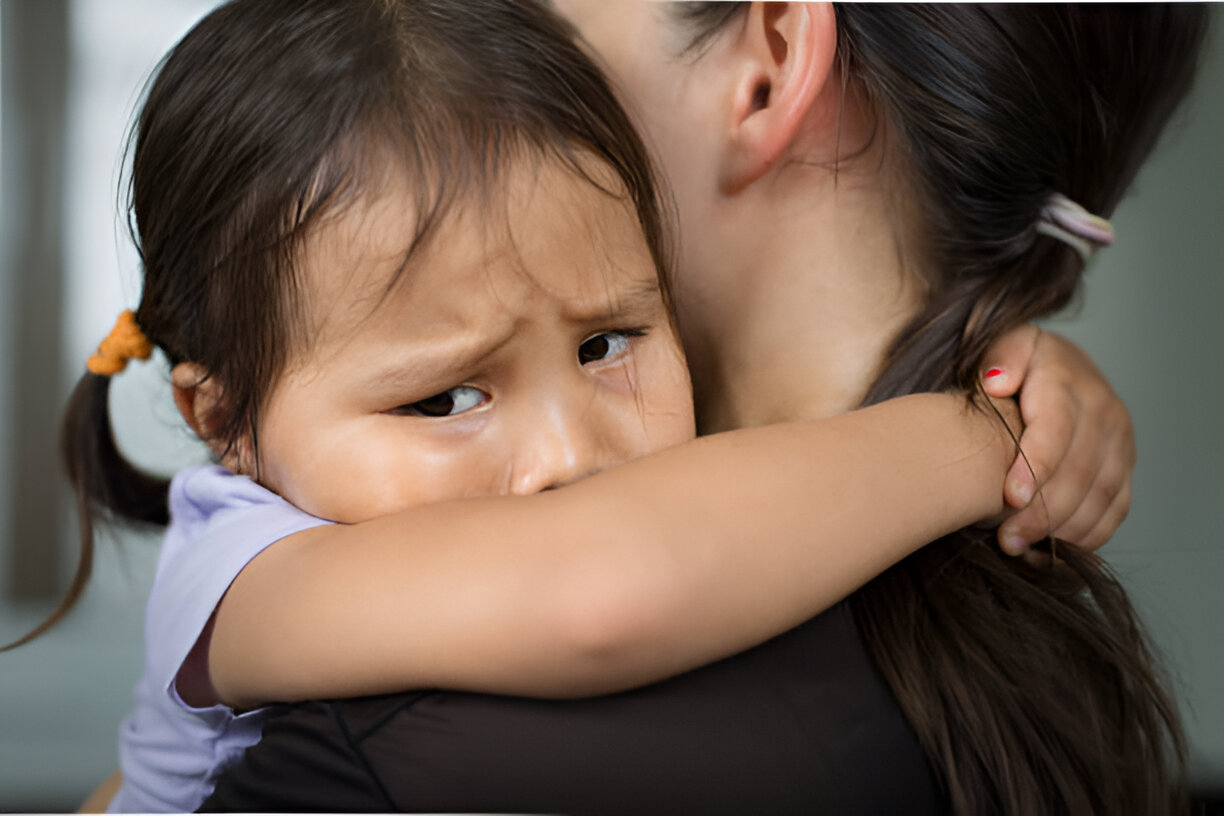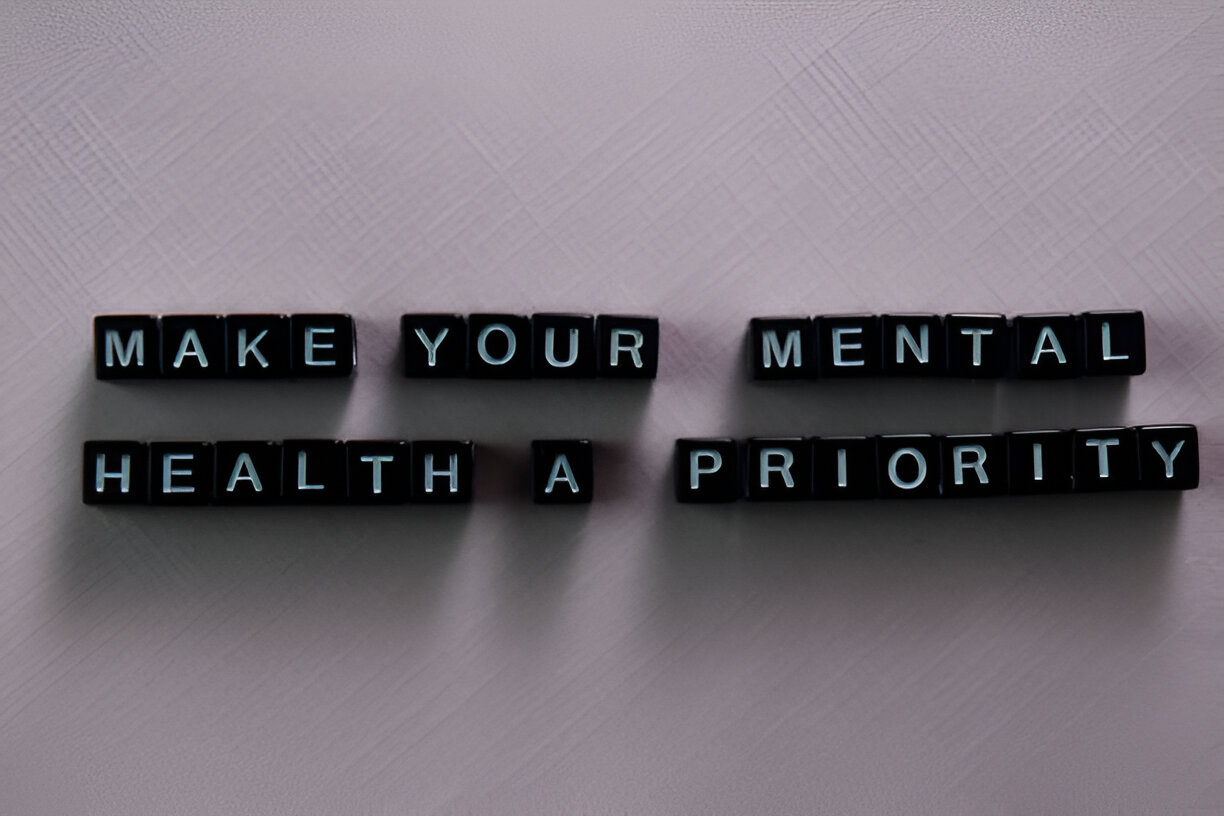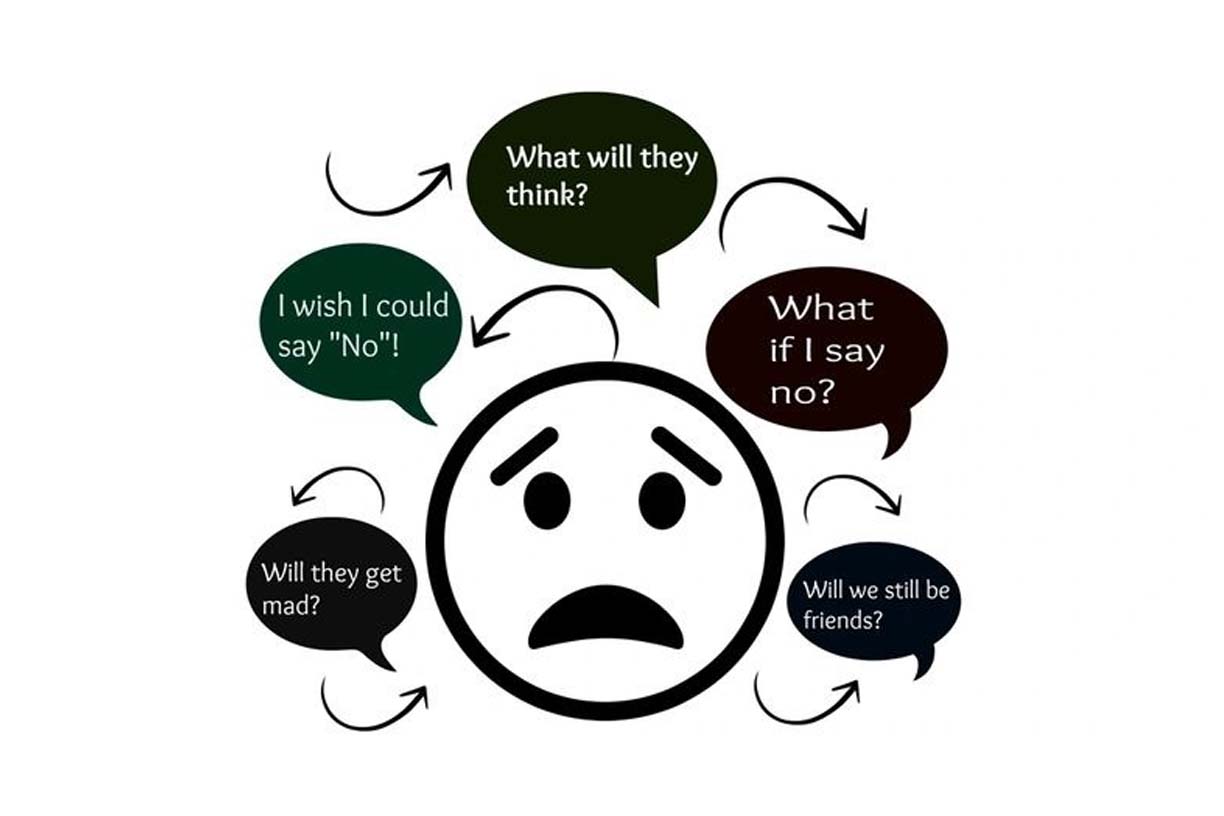
How does TRAUMA looks like in adolescents?
Home Resources Trauma in adolescents can manifest in various ways, and its effects can be complex and long-lasting. Trauma can result from a wide range of experiences, including physical or sexual abuse, neglect, witnessing violence, accidents, natural disasters, or other overwhelming events. Here are some common signs and symptoms of trauma in adolescents: 1. Emotional Distress: – Intense and unpredictable mood swings – Persistent sadness or depression – Anxiety, panic attacks, or excessive worry – Irritability or anger outbursts – Emotional numbness or detachment 2. Behavioural Changes: – Increased risk-taking behavior – Aggression or violence toward self or others – Substance abuse or addiction – Withdrawal from friends and social activities – Academic problems, such as declining grades or school refusal 3. Regressive Behavior: – Reverting to behaviours typical of a younger age (e.g., bedwetting, thumb-sucking) – Clinging to caregivers or adults for security 4. Sleep Disturbances: – Nightmares







